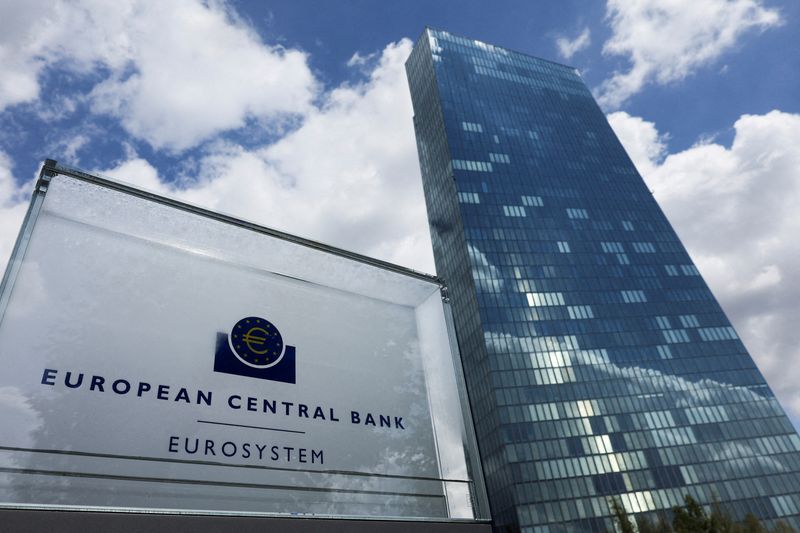Euro zone-economic risks are growing
2022.11.16 04:24
[ad_1]

Euro zone-economic risks are growing
Budrigannews.com – The European Central Bank has increased the risk to the financial stability of the euro area as the economy moves towards the possibility of a recession, said on tuesday. It It warned that households, businesses and governments with debts were particularly at risk.
Rising energy costs have increased the probability of a recession to 80%, and rising interest rates aimed at curbing price growth have already contributed to market volatility and debt servicing.
“Risks to financial stability in the euro zone are increasing amid rising energy prices, rising inflation and low economic growth,” the ECB said in its biennial financial stability review. “All of these vulnerabilities can be deployed simultaneously and potentially reinforce each other.”
The bloc’s banking sector is generally considered resilient and has accumulated capital over the years and enjoys increased profitability due to rising interest rates.
However, economic challenges can be long-term problems, as they affect income that can limit borrowers’ ability to repay debt. Lenders are also facing higher costs and slower loan growth as the economic outlook worsens.
“The banking sector has experienced a recovery in profitability recently because interest rates have risen, but there are early signs of a decline in asset quality that could require higher reserves,” the ECB said.
In addition to the list of concerns, the ability to sustain public spending is also very limited, with many people extending to households to cover the costs of rising energy costs.
“The high levels of public debt after the pandemic, combined with stricter financing conditions, could limit the scope of fiscal expansion measures that do not pose any risk,” he said.
Debt sustainability,” the ECB added.
All these factors have increased the risk of possible side effects and disorderly adjustments in the financial markets for the rest of the economy.
Concerns about household debt are so far largely confined to low-income borrowers, but the turn of the housing cycle through falling prices could complicate the vulnerability.
[ad_2]








